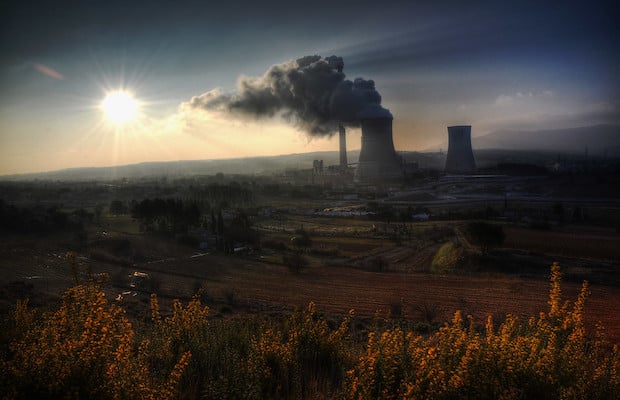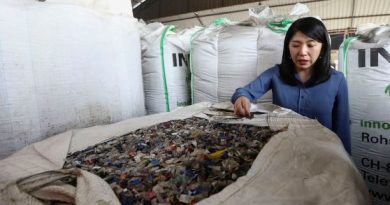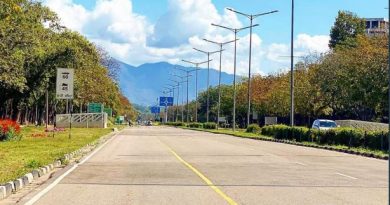MoP Makes Use of Biomass Pellets in Some Coal Power Plants Mandatory to Curb Stubble Burning

Utilising biomass pellets in some coal-fired thermal power plants has now been made mandatory in India, encouraging use of agricultural waste that is otherwise burnt by farmers, causing air pollution.
The Ministry of Power (MoP) has revised the “Policy for Biomass Utilisation for Power Generation through Co-firing in Coal-based Power Plants,” which was first released in 2017.
The Policy advised that all coal-based thermal power plants, except those having ball and tube mill, of power generation utilities, public or private, located in India, to use 5-10% blend of biomass pellets made, primarily, of agro residue along with coal after assessing the technical feasibility.
The current availability of biomass in India is estimated at about 750 million metric tonnes per year. The estimated surplus biomass availability is at about 230 million metric tonnes per annum covering agricultural residues.
The ministry has now revised the 2017 Policy, and some of those modifications are given below:
1. All coal-based thermal power plants of power generation utilities will mandatorily, on an annual basis:
- use 5% blend of biomass pellets if they operate bowl mills
- use 5% blend of biomass pellets if they operate ball and race mills
- use 5% blend of terrified biomass pellets with volatile content below 22% if they operate ball and tube mills
2. Generating utilities having certain units under Reserve Shutdown or not being despatched due to MOD consideration would ensure to increase the percentage of co-firing up to 10% in their operating units.
3. Any power plants seeking exemptions from co-firing will be considered on case-to-case basis.
4. The policy for co-firing of biomass would be in force for 25 years or till the useful life of the thermal power plant, whichever is earlier.
5. The minimum contract period for procurement of biomass pellets by generating utilities will be for 7 years so as to avoid delay in awarding contracts by generating companies every year and also to build up long term supply chain.




